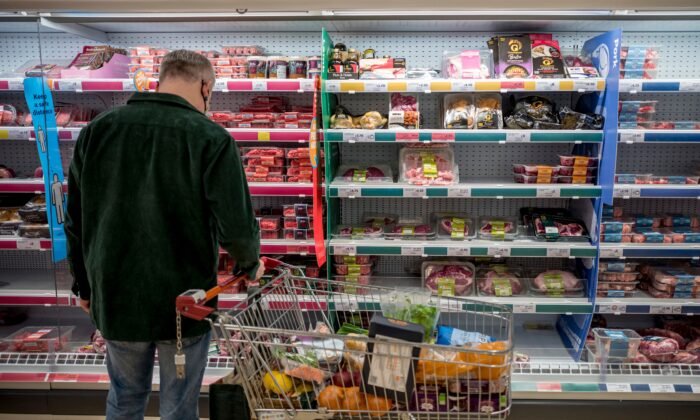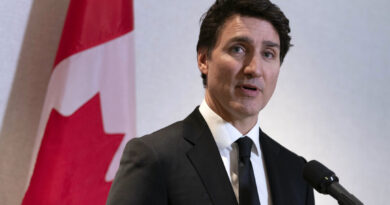UK Business Organizations Criticize New Food Import Fees
The increased costs on shipments of food and plants to the UK are a part of the post-Brexit import controls system.
Various UK business organizations have voiced their disagreement with the newly imposed fees on food shipments from the EU, contending that it will raise business expenses and food prices.
Starting from April 30, businesses will be responsible for a charge of up to £145 per commodity line in a common health entry document (CHED). This charge, limited to five commodity lines per CHED, excludes low-risk plants and plant products.
Pluck stated, “The confirmation of common user charges from April 30 signifies that UK importers of medium and high-risk goods will need to pass on this cost to either the EU importer, the smaller UK retailer, or the UK consumer.”
Given the additional expenses related to health certificates, there is a possibility that EU exporters may reconsider supplying food and plant products to Britain in the future, as suggested by Mr. Pluck.
He further added, “Ultimately, this will escalate business expenses and food prices and might limit choices for consumers.”
Retailers, cafes, and restaurants will bear the brunt of the impact, as warned by Bain.
He stated, “Importing a small shipment with just five different meat, poultry, egg, milk, or fish products in the medium risk category will now incur a charge of £145 per package under these proposals.”
‘Crippling Blow’
The charges on food shipments are a part of modifications to import controls under the Border Target Operating Model, a post-Brexit controls system.
Since Britain’s separation from the bloc, the UK has been gradually implementing border controls for goods imported from the EU throughout 2021 and 2002. All goods imported from the EU must now be declared at customs.
No additional checks and controls, beyond the existing Windsor Framework, will be applied to imports into Northern Ireland from the EU, granting Northern Ireland traders complete access to the EU market.
“These excessive charges imposed by our government amount to a direct tax on businesses. This move is likely to undermine supply chain confidence and is already prompting EU exporters to rethink their commitment to supplying the UK market,” voiced Nigel Jenney, FPC chief executive.
Jenney cautioned about a “devastating blow” to the fresh produce supply chain, projecting additional costs of £200 million.
Discussing the impact on small and medium-sized enterprises, he highlighted the £145 cap on medium and high-risk CHEDs.
“While this may seem trivial, with only a minimal number of consignments actually inspected, the cost per inspection skyrockets to an exorbitant £5,000,” mentioned Mr. Jenney.
“This will present a significant new financial burden for many, particularly impacting SMEs, especially those utilizing groupage,” he added.





